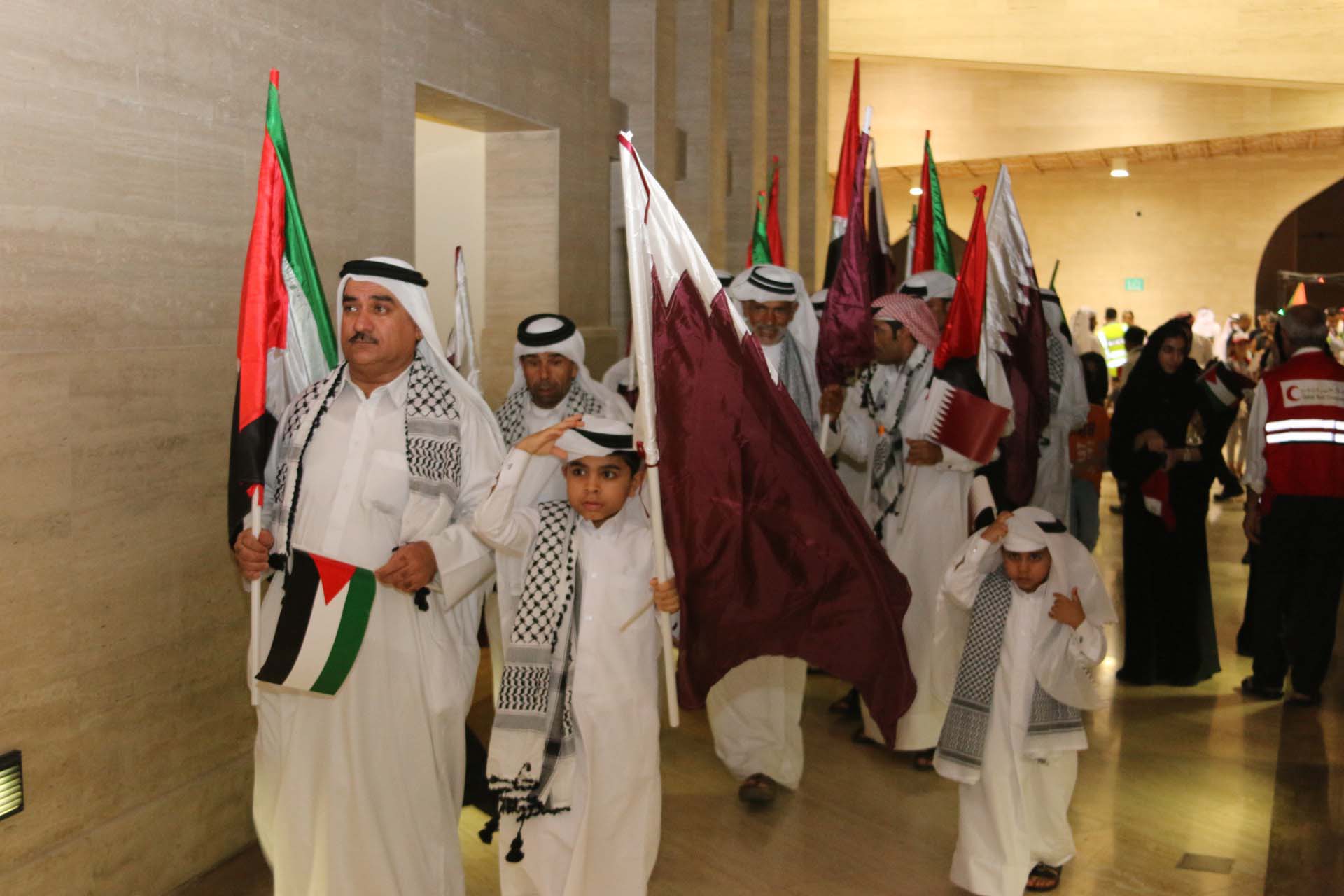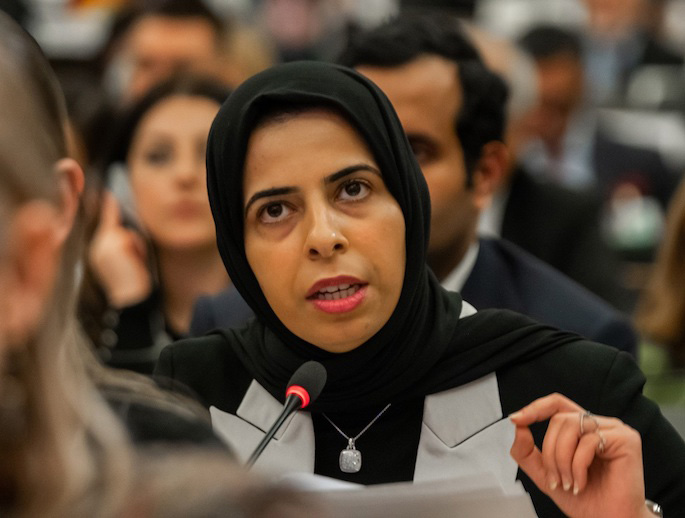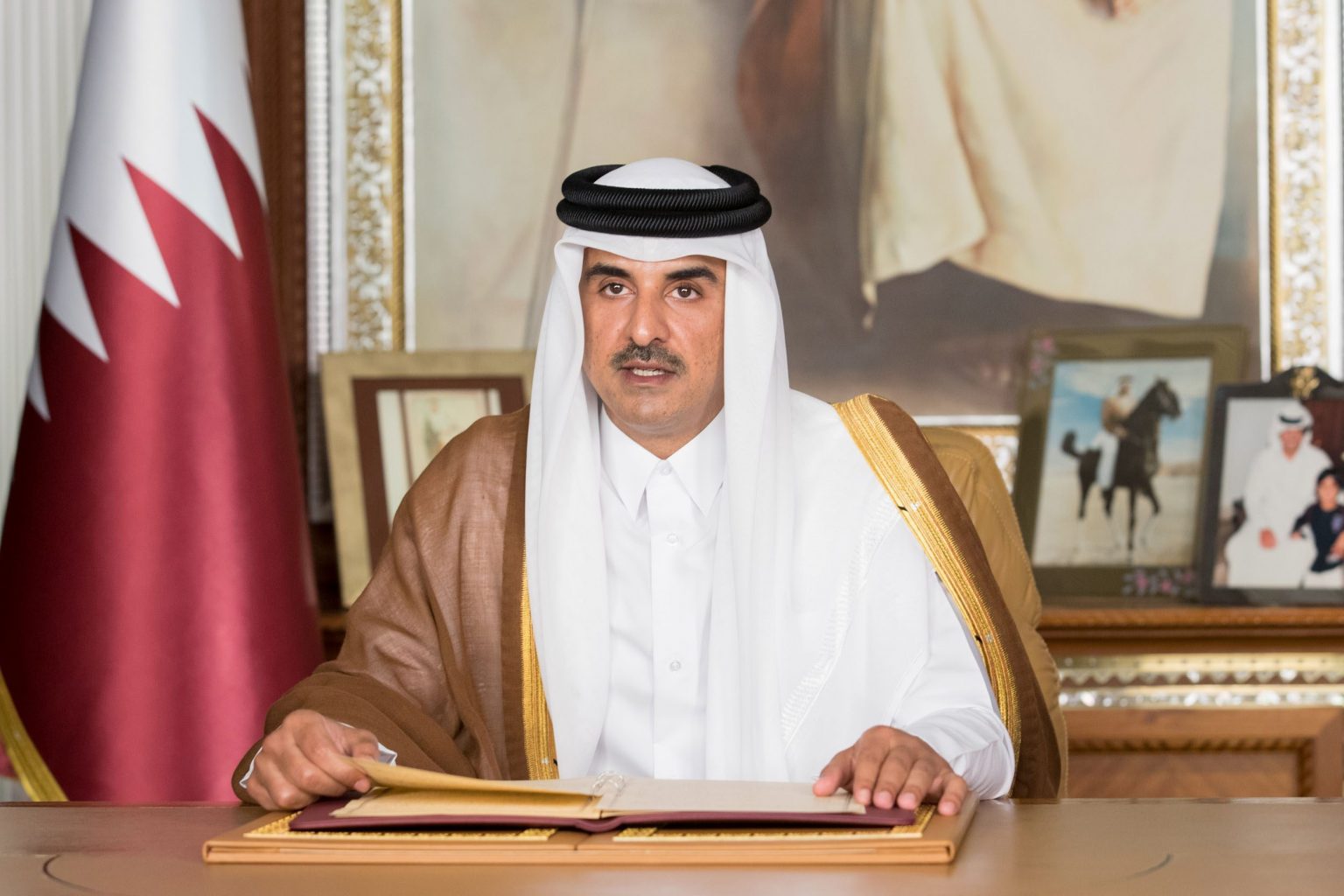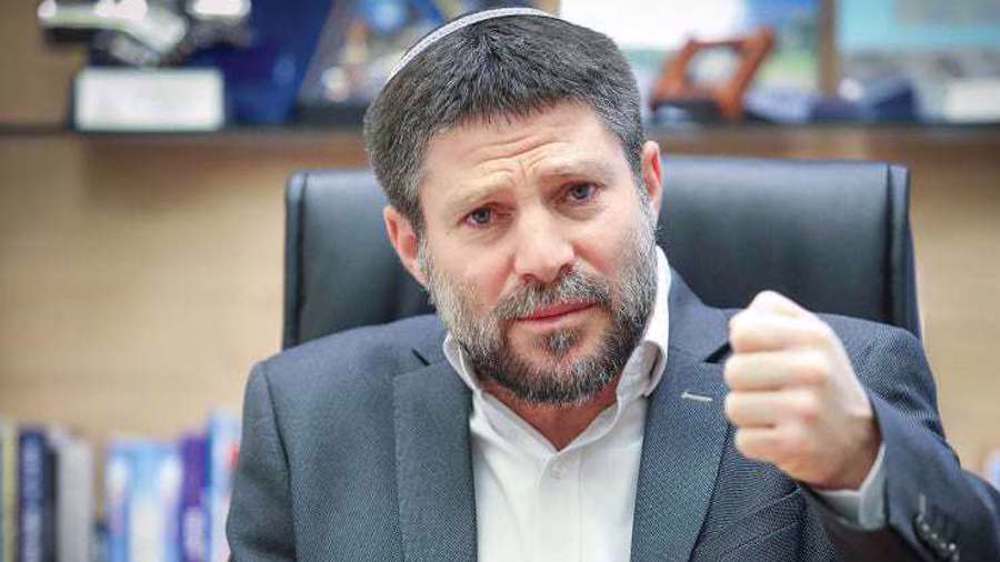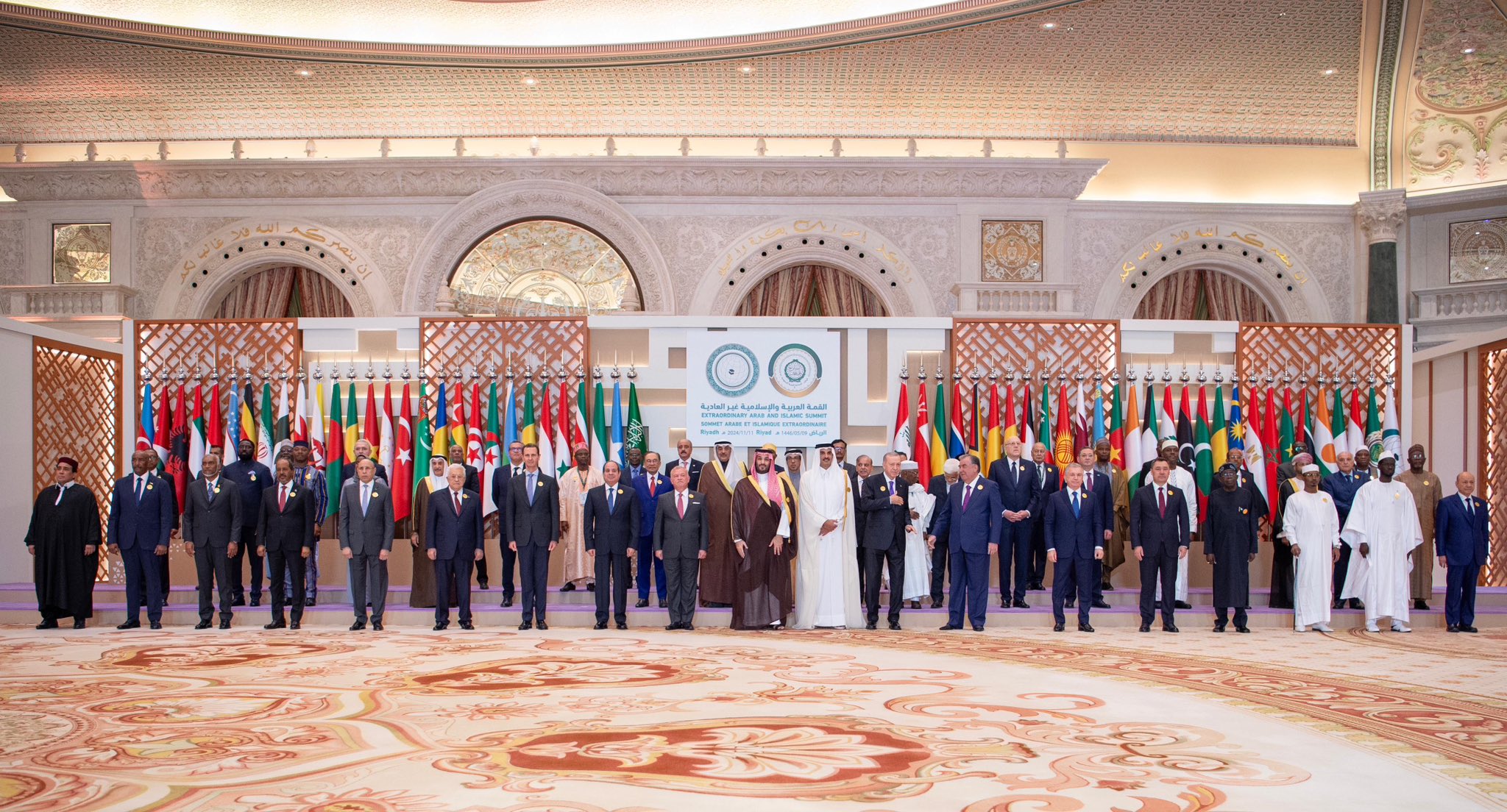
Qatar’s Emir has promised to pay the wages of thousands of public sector employees in Gaza to help “alleviate the suffering of brethren in the Strip,” QNA reports.
The country will spend QR115 million (US$31.6 million) to cover one month’s worth of salary, at a time when Gaza is under financial strain due to an “unjust siege imposed by the Israeli occupation.”
Israel has enforced a strict economic blockade on Gaza since 2006, after Hamas won general elections. The party lost control shortly thereafter, but wrested back political power of Gaza in 2007.

According to Reuters, there are some 50,000 Hamas-hired civil servants, and many have not seen regular pay packages since 2013, in part because of the blockade.
Restrictions
This month, the United Nations Relief and Works Agency (UNRWA) warned that the restrictions are having a debilitating effect on the people of Gaza:
“The restrictions on the movement of people and goods continue to collectively punish the civilian population, affecting every aspect of life in Gaza; undermining the local economy; and threatening the enjoyment of most human rights, in clear violation of Israel’s legal obligations under international humanitarian law.”
Over the past two years in particular, Gaza has struggled to rebuild their homes and neighborhoods following a 2014 Israeli bombing campaign.
However, construction materials are tightly controlled by Israel, which worries that Hamas’ military arm could use them to make weapons or other purposes.
Qatar-Hamas ties
Qatar and Hamas are politically close. The Gulf country’s former Emir was the first Arab head of state to visit Gaza after Hamas took control in 2007.
And in January, Qatar handed over some 1,060 housing units to Palestinian families who lost their homes in Gaza during recent wars.
Qatar hands over 1060 apartments to Palestinians in Gaza Strip. Apartments built on former settlement lands. pic.twitter.com/VM4LKMq0LX
— Khaled Abu Toameh (@KhaledAbuToameh) January 16, 2016
The homes marked the completion of the first of three phases of a multi-million dollar redevelopment effort Qatar pledged to fund in 2012.
It also includes two schools, a health center, a commercial center and a mosque in addition to infrastructure facilities, roads and green spaces.
Qatar had also pledged to build a “Hamad Medical City,” a six-floor hospital that treats people with disabilities and injuries, as well as provides prosthetics service and cochlea implantation for deaf children.
Thoughts?

